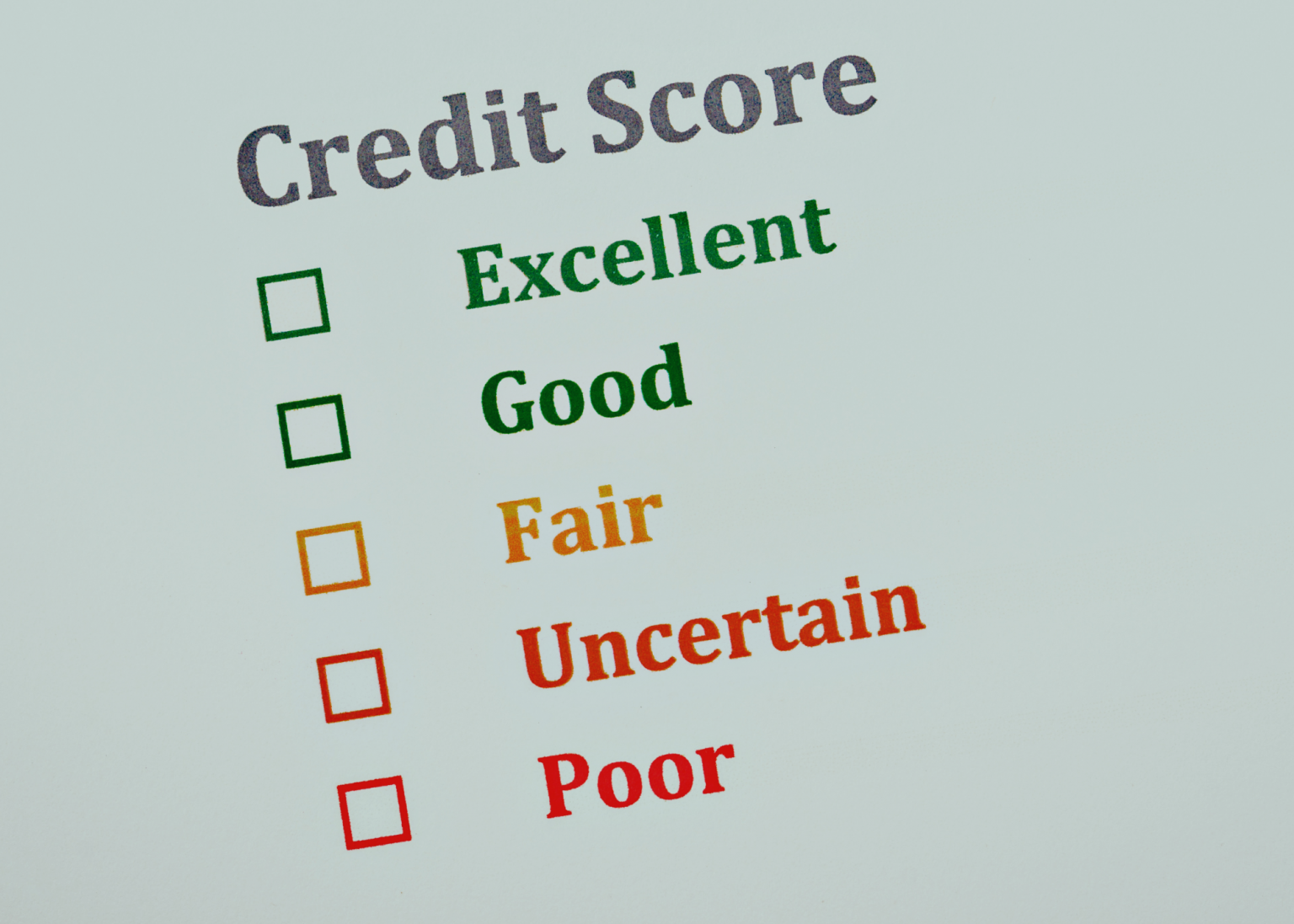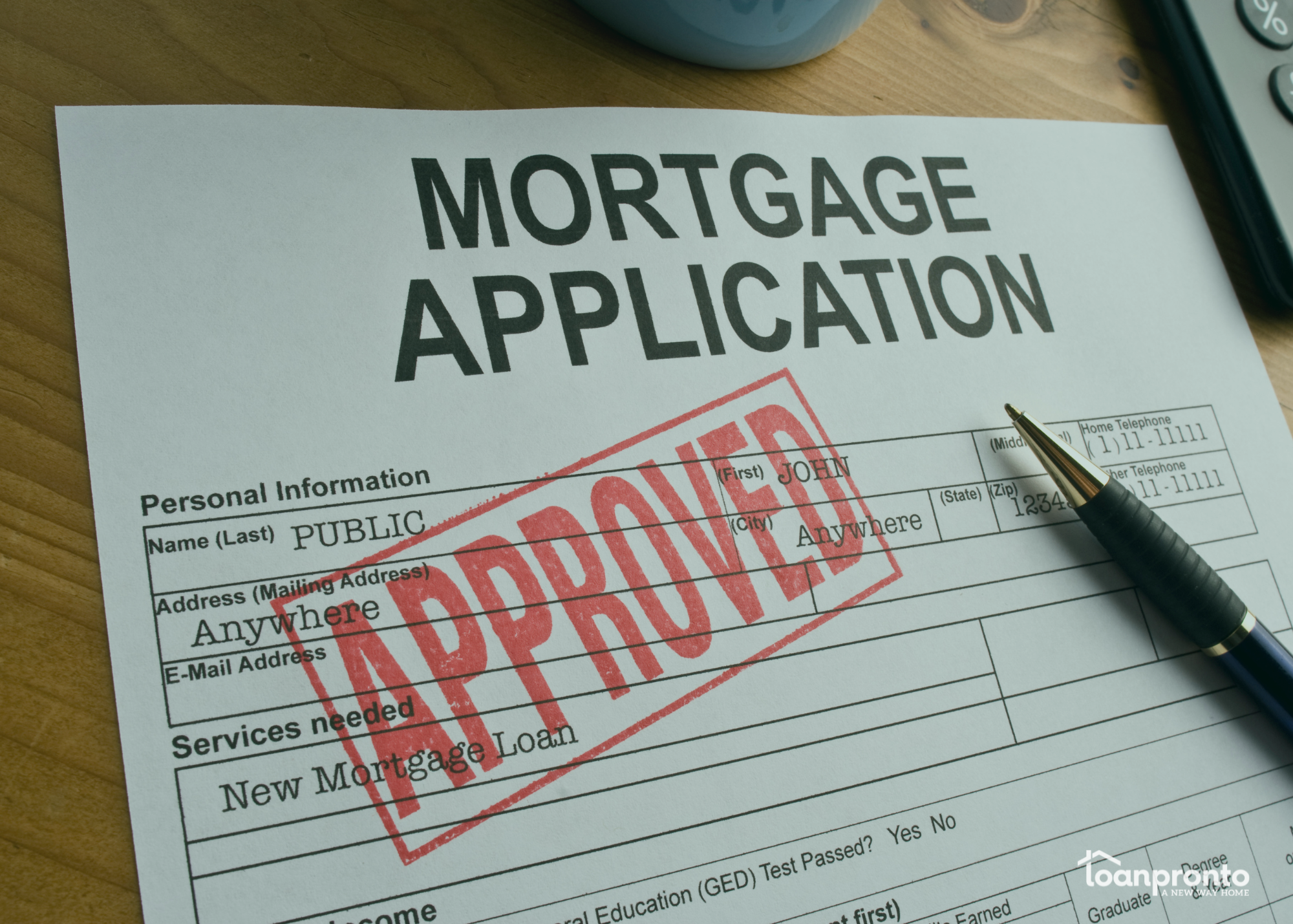Key Takeaways
-
Lenders often perform a second credit check right before closing to verify financial stability.
-
New credit activity or a drop in score can delay or derail your mortgage approval.
-
Treat the homebuying process like a credit freeze period to avoid last-minute issues.
-
Maintaining consistent financial behavior from preapproval to closing protects your loan.
Understanding the second credit check before closing is critical for avoiding last-minute issues during the mortgage process. Many first-time homebuyers assume that once they’ve received mortgage preapproval, the hard part is over. However, lenders often perform another credit check right before closing. Knowing what this second pull involves—and how to protect your loan—can help you close without delays or denials.
The First Credit Check: Preapproval Phase
Your mortgage journey begins with pre-qualification, where you estimate income, debts, and credit score. Once you move into preapproval, your lender will verify your financial information using a hard credit inquiry.
During this stage, lenders review:
| Item Reviewed | Purpose |
| Credit score and history | Determines initial loan eligibility and interest rate |
| Recent inquiries | Flags new applications that may increase your debt load |
| Late payments or defaults | Indicates potential risk to the lender |
| Debt-to-income ratio | Helps lenders evaluate your ability to repay the loan |
You may be asked for letters of explanation if you’ve had recent inquiries, opened new accounts, or missed payments. This credit check helps determine whether you’re eligible and on what terms.
The Second Credit Check: Right Before Closing
Even after preapproval and underwriting, many lenders pull your credit again before closing. This check ensures your financial situation hasn’t changed in a way that could affect your loan.
Here’s what lenders typically verify during the second pull:
| Lender Is Checking | Why It Matters |
| New credit accounts or loans | Increases your monthly obligations, possibly raising your DTI |
| Credit score fluctuations | A lower score can affect loan terms or lead to denial |
| New derogatory marks | Signals financial instability or risk |
| Higher credit utilization | Impacts your credit score and risk profile |
If your credit remains stable, closing should proceed without delay. However, if new risks appear—such as a maxed-out credit card or a newly opened auto loan—your lender may return your file to underwriting. In some cases, they might revoke the mortgage offer.
How to Avoid Issues with the Second Credit Pull
From preapproval to closing, treat this time as a credit freeze period. Avoid making any financial moves that could alter your credit profile.
Follow these best practices:
| Do | Don’t |
| Continue making on-time payments | Open new credit cards or loans |
| Maintain low credit utilization | Make large purchases on existing cards |
| Communicate with your lender | Co-sign for anyone else’s loan |
| Monitor your credit reports | Miss due dates or overdraft accounts |
Small financial changes can have big consequences at this stage. Consistency is key.
Bottom Line
A second credit check before mortgage closing is not unusual. In fact, it’s a safeguard for both you and the lender. By understanding why it happens and following smart financial habits, you can prevent delays, avoid surprises, and confidently close on your home.
Keep your finances steady, stay in communication with your lender, and avoid risky moves until the loan is finalized.
FAQs About Lender Credit Checks
No SSN required. Zero impact to credit. Your Information is never sold.



